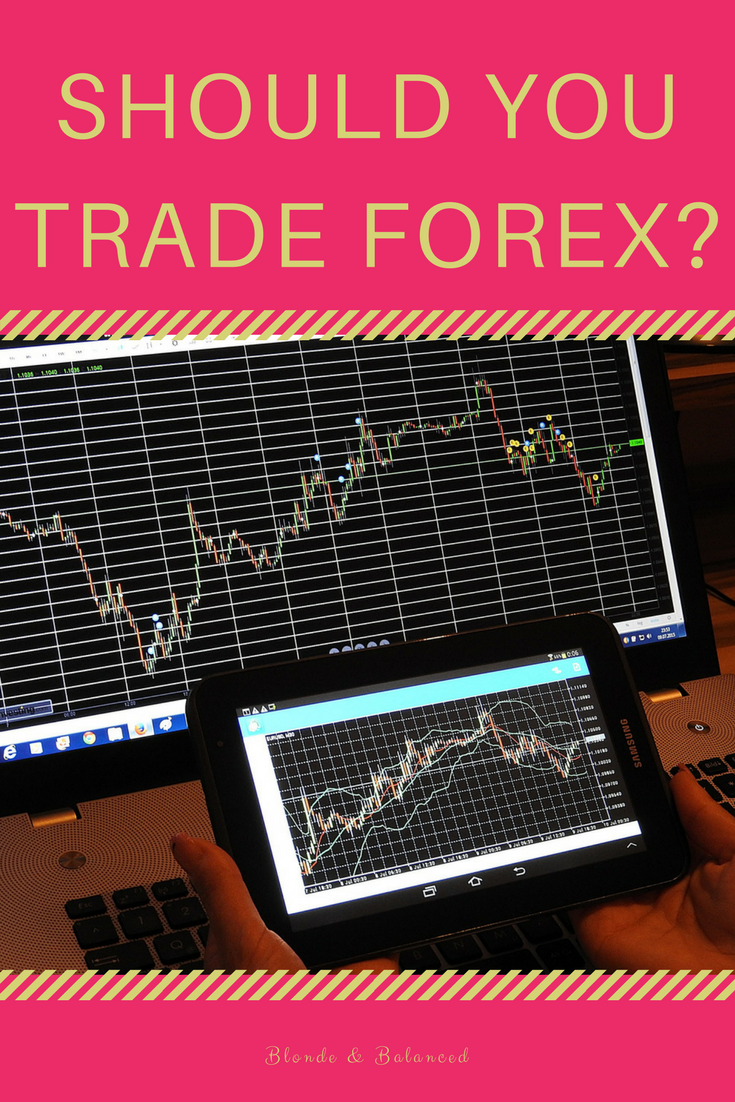Trading Forex can be a little confusing so let’s break it down to help you make a decision. First of all, what is Forex? If you’re not familiar with it, Forex refers to trading foreign exchange on the currency market.
Just like with any other kind of trading, there is a potential for scams. It’s important to understand though that Forex itself is not a scam. Regulators do oversee trades, catching scammers and make it more difficult for them so scams are Forex are become less and less frequent. As close to non-existent as possible in the trading world.
Forex trading can be profitable, as long as it’s treated like a business, but it will not make you rich overnight. As with any other trading and investing, your best option for gains is over the long-term.
To avoid potential scams, check where the brokerage is headquartered. The U.S. and UK are highly regulated countries. Ask the broker how long they’ve been in business and how many countries they are regulated in; the more the better. If they are unwilling to give you these answers directly, they are most likely not a legitimate broker and you should move on to finding someone else.
With that said, to be successful you need to understand how to properly trade Forex. It helps to understand the terminology.
- The base currency is the type of currency you are buying or selling. In Forex trading you sell one currency to buy another and the currency you are buying is called quote currency.
- The exchange rate will tell you how much quote currency you have to spend in order to buy base currency.
- The long position means you are buying base currency and selling quote currency. For instance, you may want to trade by selling U.S. dollars to buy British pounds.
- A short position is the opposite; you are buying quote currency and selling base currency. British pounds to U.S. dollars.
- The ask price is the price your broker will sell the base currency.
- The bid price is the price your broker will buy the base currency.
- A spread is the difference between the ask and the bid.
There is risk involved because you can’t foresee the future, but you can make your trades based on educated guesses. You will need to predict the future economy in order to be successful. If you think the U.S. economy will weaken, that’s bad for the U.S. dollar and you’ll want to sell currency in order to buy currency from a country where the economy is strong.
Knowing this information means reading global financial reports, considering politics and upcoming elections from around the world, and knowing how economically strong a country has been. All of this involves a lot of research, both upfront and ongoing.
You should never count on a broker to do 100% of the work for you. You should know how you want to trade and why, with your broker only making the deal for you. That will help you to be more successful in the long-run and avoid being scammed.
If you’re willing to put the work in, then Forex trading may be just the thing for you. But if you’re not willing to study this information and make these predictions on your own, it’s probably best to stay out of Forex.







